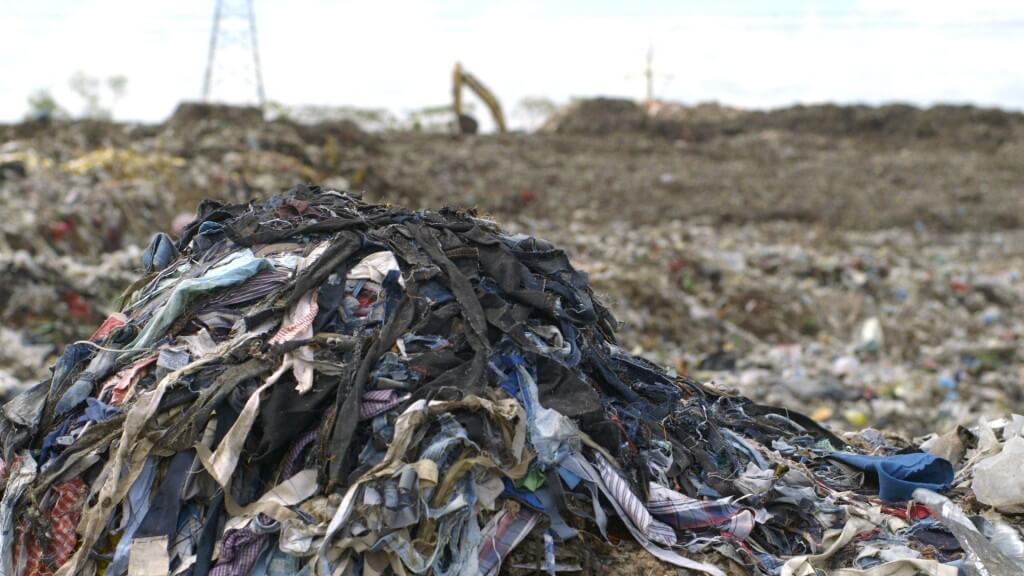Climate change is a daunting concept. For many, it is so overwhelming to think about that it is often put in the back of our minds. However, if you live by the coast or have kids/grandkids you especially need to be aware of what is going to take place on this earth in the coming decades (not centuries). Research presented this week at the world’s biggest earth science conference showed that the Thwaites ice shelf could collapse within the next three to five years, unleashing a river of ice that could dramatically raise sea levels. Antarctica's Thwaites Glacier, commonly referred to as the "doomsday glacier," which is 74,000-square-miles or roughly the size of Florida is so massive that it has the power to raise sea levels by several feet if it melts. Now, scientists are warning that its only remaining ice shelf, a brace that helps prevent the glacier's total collapse, may only last a few more years. Temperatures in the Arctic are rising twice as fast as the global average. The period between October and December 2020 was the warmest on record, scientists say.
The consequences of this loss will be felt far beyond the Arctic. Sea ice has traditionally acted as Earth’s “air conditioner”; it reflects as much as two thirds of the light that hits it, sending huge amounts of solar radiation back into space. By contrast, dark expanses of water absorb heat, and it is difficult for these areas to refreeze. Less sea ice means more open ocean, more heat absorption and more climate change.
The rapid transformation of the Arctic and Antarctic creates ripple effects all over the planet. Sea levels will rise, weather patterns will shift and ecosystems will be altered. Food scarcity and famine will become more common and the way humans live their lives will drastically change. Last year, scientists warned that the world could expect five to ten feet of sea level rise before the end of the century — reshaping coastlines and forcing hundreds of millions of people around the world to migrate. It has become a fact in the scientific community that humans are the big culprit for the rapid acceleration of climate change. However, there’s such a big range and difference in what the future of the Arctic and the future anywhere on our globe can look like. It all depends on human actions.
Opok’s mission is to drive awareness on environmental issues and health problems through our sustainable organic clothing. Our goals are to help drive social change through consumer behavior. We are looking to expand our portfolio beyond Organic men’s boxer briefs and organic performance t-shirts. So please stay tuned.




Leave a comment
This site is protected by hCaptcha and the hCaptcha Privacy Policy and Terms of Service apply.